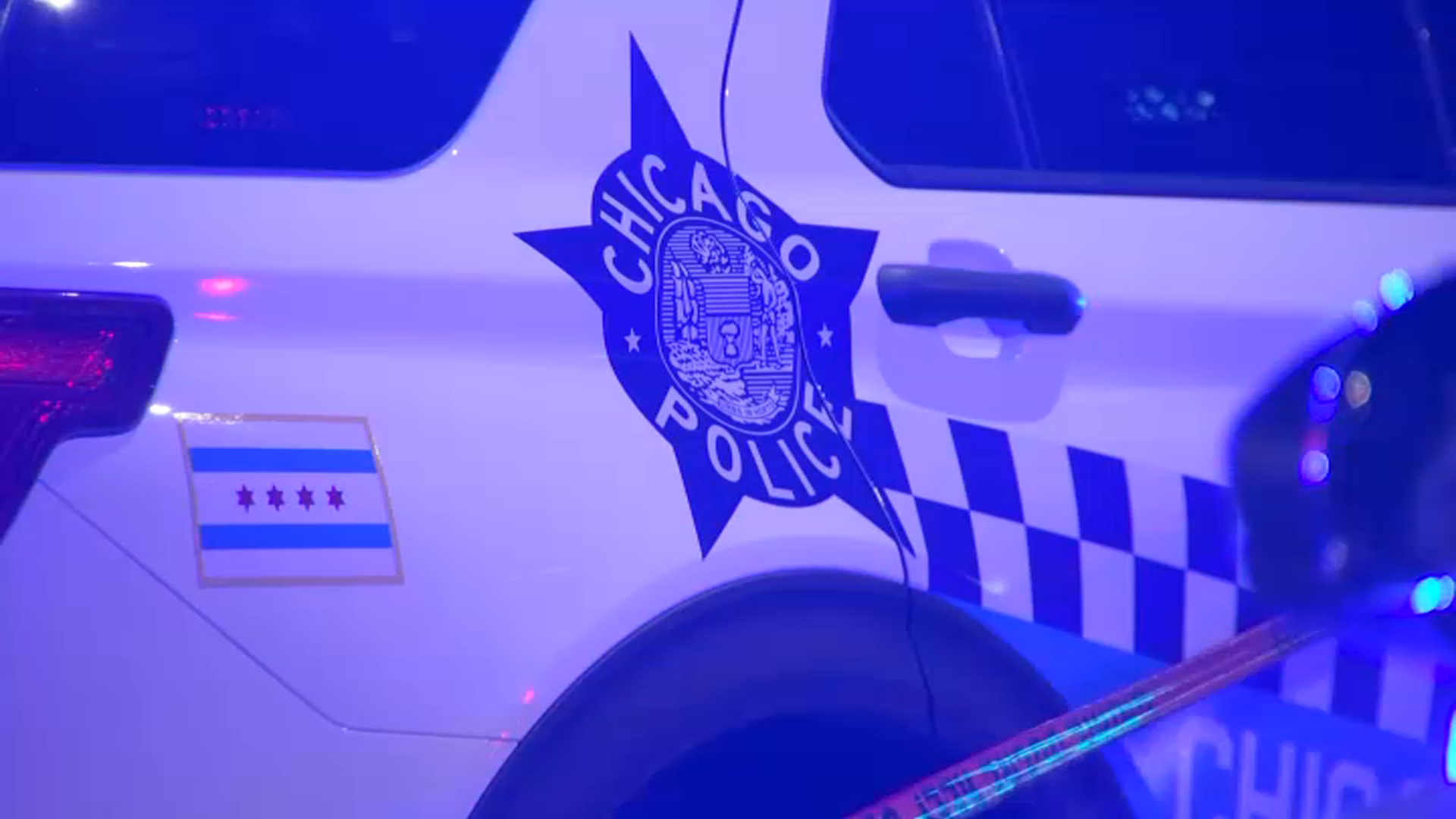Nine panhandlers have filed a federal lawsuit accusing Chicago police of regularly chasing them from a high-end shopping district on Michigan Avenue and arguing that such sweeps violate their First Amendment rights.
The lawsuit, filed Wednesday in U.S. District Court, contends that panhandling is protected speech under the First Amendment, but that police systematically intimidate and threaten to arrest them in an effort to "whitewash" the upmarket area known as the "Magnificent Mile." The plaintiffs are seeking class-action status.
"The city's objective here is not difficult to fathom: it seeks to whitewash parts of Michigan Avenue of people who beg in order to 'beautify' the Magnificent Mile by segmenting the city's public sidewalks into those available to the rich and those available to the poor," the suit claims.
One of the plaintiffs, Kim Pindak, claims he was driven off Michigan Avenue in April. An officer told him that begging was made illegal on the Magnificent Mile because "it is a tourist spot" and "there have been too many thefts," the suit says. The filing contends begging is not illegal.
Similar suits have been filed in Illinois and in Atlanta, where business owners pushed for a ban on panhandling in 2005.
One of the lawyers in the Chicago case, Mark Weinberg, has filed five other lawsuits for panhandlers in Illinois. One of them, a 2001 class-action suit, argued it was illegal for Chicago to define panhandling as disorderly conduct.
That suit was settled in 2003 and entitled about 5,000 panhandlers to payouts of $400 each, Weinberg said.
City laws do prohibit aggressive panhandling tactics, described as unwanted touching, following people or using abusive language. Passively asking for donations, as the plaintiffs claim they were doing, is legal.
"The city is engaging in short-term bullying tactics in the name of promoting commerce," Weinberg said.
Local
Chicago Law Department spokesman Roderick Drew said Wednesday the city respects First Amendment rights. However, he couldn't comment on the lawsuit because it hadn't been seen by the city attorney.
The suit seeks an injunction barring city employees from prohibiting panhandling along Michigan Avenue. It also seeks monetary damages.



